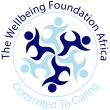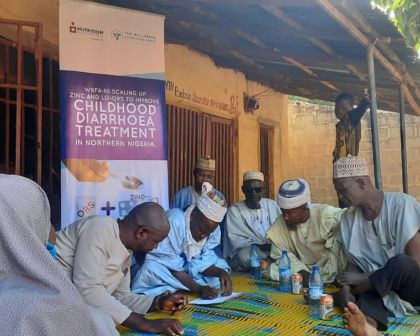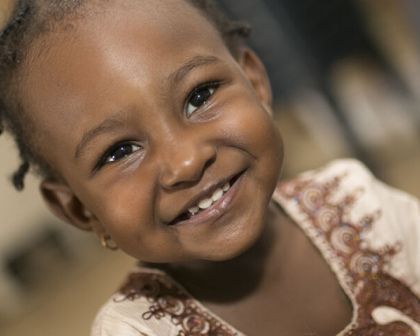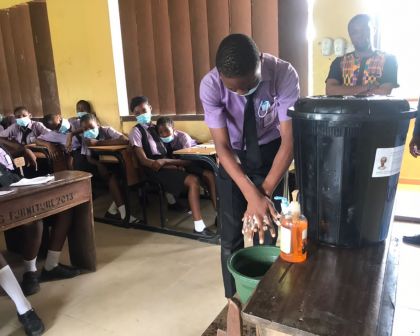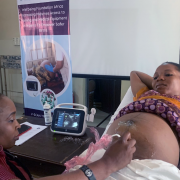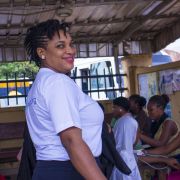
WELLBEING FOUNDATION AFRICA EMPOWERS GIRLS ON DIGITAL SKILLS ON INTERNATIONAL DAY OF THE GIRL CHILD
Today is International Day of the Girl Child.
The Wellbeing Foundation Africa is commemorating this years’ event to create awareness on challenges affecting the girl child, advocate for equitable treatment of the girl child by society, and also celebrate the achievements of the girl child across the globe. The Wellbeing Foundation Africa has been a frontline advocate for the development of the girl child, leading several innovative projects that have contributed to their health and wellbeing. We are committed to working with stakeholders to combatting the challenges of female genital mutilation, gender based violence, and maternal and reproductive health challenges affecting the girl child.
In line with the theme for this years’ International Day of the Girl Child – Digital Generation, Our Generation – the Wellbeing Foundation Africa’s Digital Village in Lagos State which was launched as part of our Adolescent Skills and Drills Program has empowered hundreds of girls with digital skills required to function effectively in today’s society. The Wellbeing Foundation Africa’s Adolescents Skills and Drills program provides not just health support, but also ensures the acquisition of digital skills for girls as part of our STEM education program.
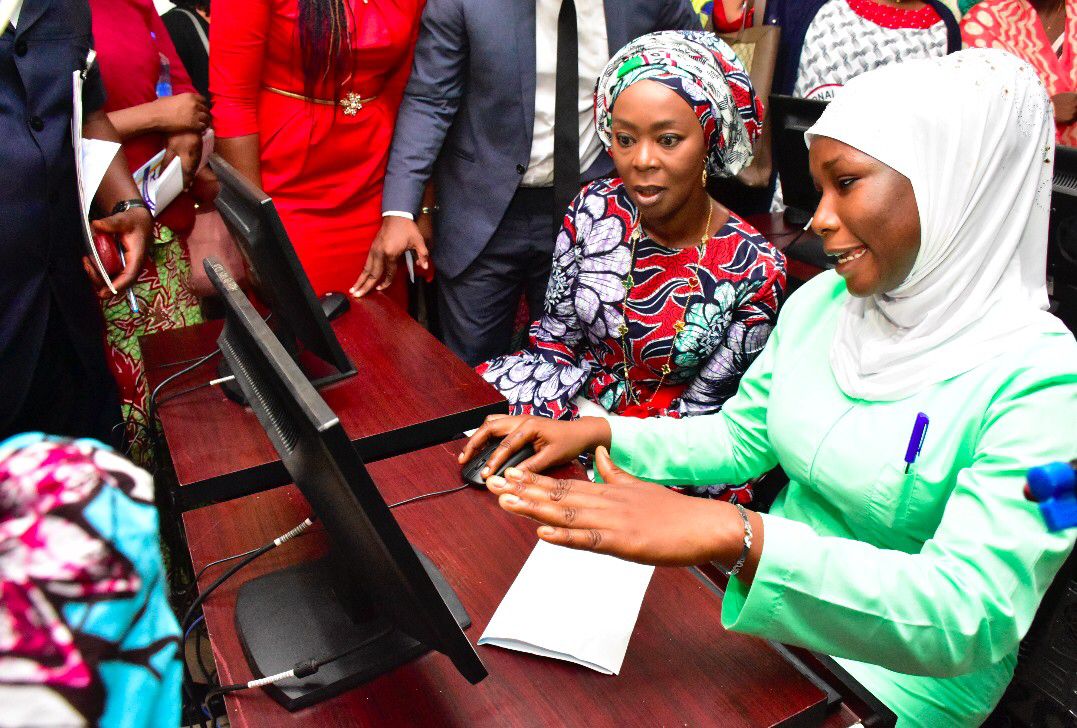
In her comments, H.E. Mrs Toyin Ojora Saraki, WBFA Founder-President, stated: “As part of our commitment to supporting the United Nations agenda for the Girl Child, we have launched several technology driven programs for girls, because we believe that the future should benefit women equally as men. We are training girls to smash all stereotypes that hold women back, and encouraging girls to take on professions in the STEM field. The Wellbeing Foundation Africa has launched a Digital Village in Lagos State, deployed Virtual Teaching Aids within the E-Laboratory of the School of Midwifery in Gwagwalada Abuja, and promoted the training of nurses and midwives across Nigeria on critical emergency obstetric and newborn care (EmONC), using state-of-the-art anatomical models.
“We are creating safe spaces within the various schools we have initiated our Adolescent PSHE-WASH Program, so as to ensure that these young girls have a forum for expressing themselves and sharing their challenges, and get the right support they need to be empowered. This year’s International Day of the Girl Child, which is aptly themed – Digital Generation, Our Generation – gives credence to our Adolescent Skills and Drills Program within schools and local communities in Nigeria. With the right support and partnership, I believe we can reach every girl child in Nigeria, and empower them digitally to take the right decisions on their health and productivity.”
According to reports from the United Nations Children Emergency Fund (UNICEF), educating girls, in particular, has a ‘multiplier effect’. Educated girls are more likely to marry later and have fewer children, who in turn will be more likely to survive and to be better nourished and educated. Educated women are more productive at home and better paid in the workplace, and more able to participate in social, economic and political decision-making.
Share this Article
